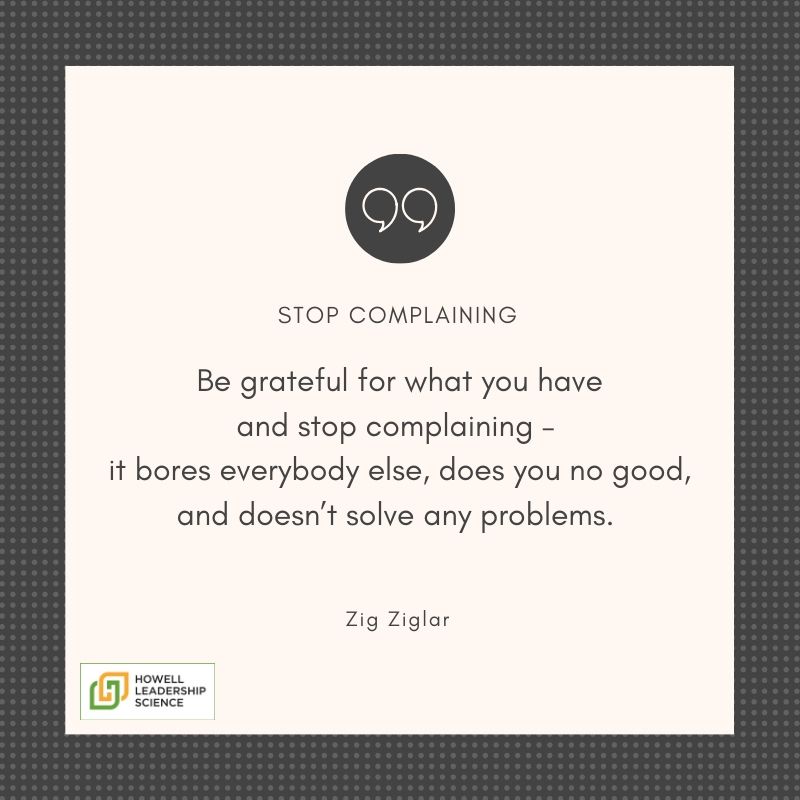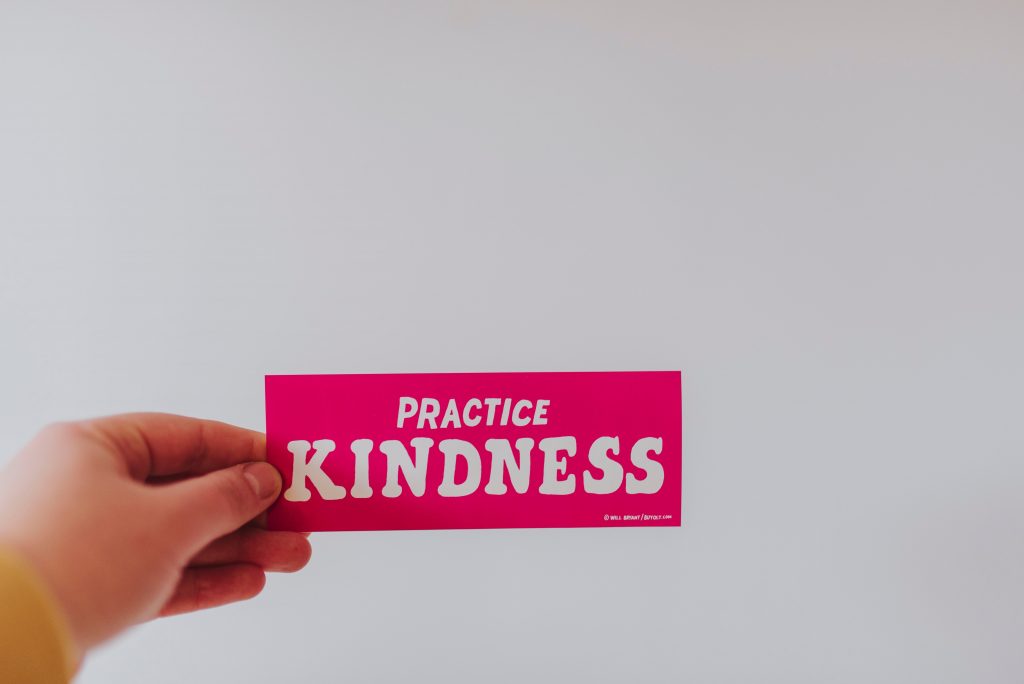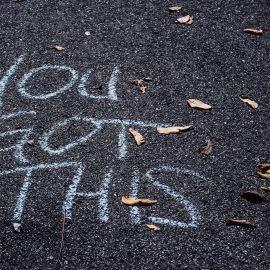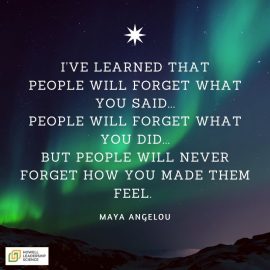Invest 5 minutes a day to create a better workplace

Welcome to Week 3 of your Kindness Experiment. This week, your mantra to yourself will be: Stop Complaining!
Overview of your Kindness Experiment
The Kindness Experiment introduces simple changes you can try at work to create more kindness and improve your working life.
Every week for six weeks, the Kindness Experiment will suggest a new set of kindness actions for you to try.
In Week 1 you refreshed common courtesy. In Week 2 you focused on tone of voice and body language. Now you will tackle complaining!
This experience provides a chance to slow down, be intentional, flex your kindness muscles and notice the impact of your actions.
For six weeks, practice these easy kindness actions and see how they change your relationships, performance and personal mood.
Report back in the comments or on Twitter (@drannhowell), Linked In or email me directly at ann@howlead.com to share your findings.
Principles of your Kindness Experiment
Everyone has their own definition of kindness. I define it as an act that benefits others as an end to itself. One awesome thing about kindness is that it usually multiplies and benefits you as well.
Kindness in the workplace:
- Is not a weakness
- Can co-exist with running a profitable business
- Can be balanced with holding people accountable
- Does not mean you need to stop enforcing rules
- Means giving constructive, and sometimes challenging, feedback to allow employee growth
- Supports you in building a network
Actions for your Kindness Experiment Week 3: Stop Complaining
As we enter Week 3, you’ve already refreshed your common courtesy and monitored your tone and body language. This week, work to stop complaining.

Complaining, like kindness, is contagious but not in a positive way. We all experience frustrating moments and feel a release by complaining.Complaining instantly changes the energy in the room. Other people pile on and start complaining as well.
This whips up a negativity death spiral.
Let’s break that spiral and find more positive releases for frustration – ones that will extend kindness to ourselves and others.
To stop complaining, we must slow down, consider our actions and be purposeful in what we say and do.
For this Kindness Experiment, be intentional as you do the actions (your experiment) and notice reactions of others and yourself (your data collection).

Kindness actions for Week 3: Stop Complaining
- Pause. Work on catching yourself before you complain. Take a breath. Use that moment to consider the outcome you want. Complaining probably will not accomplish your desired outcome, so stay silent.
- Presume innocence. Before complaining about someone else, presume innocence regarding their actions. This means that you stop and consider that they did not intend to harm you. Essentially, you give other people the benefit of the doubt. If you believe their intention is innocent, you won’t complain about it.
- Visualize your words as a hammer. Words have power. When you complain or gossip or speak harshly, your words do damage. During this week, visualize your words as a hammer. Hammers are an amazing tool that can do great good, or they can cause immense damage. Are your words a tool or a weapon?
- Laugh. Life is messy. Before you complain about something, try laughing instead. That release might help you re-frame the situation and promote kind words and actions.
- Remove yourself. If a situation deteriorates, remove yourself to avoid complaining. A bad situation will not improve with additional complaining. By removing yourself, you can focus on pausing, breathing and stabilizing your own emotions.
- Find solutions. If you find yourself constantly complaining about something, it’s time to find a solution. Take the complaining as a sign that something needs to change. The fix might take time, effort and courage. That investment of energy beats constant complaining.
Data Analysis & Conclusion
To analyze the success of your experiment consider these questions.
- Did you catch yourself complaining and stop?
- What new things did you try?
- Did less complaining feel kinder to yourself and those around you?
- Did other people notice a change in your behavior?
- Were there any negative reactions or down sides as you stopped complaining?
- Did your kindness actions extend beyond work?
- Did your kindness actions seem to positively spark kindness actions in others?
- Did you see a positive reaction that will encourage you to continue?
Share your results
Please share your conclusions and experience in the comments or email me and let me know how it went! You can reach me at ann@howlead.com.
Weekly themes for your Kindness Experiments
Week 1: Common courtesy
Week 2: Tone and body language
Week 3: Stop complaining
Week 4: Be inclusive (coming soon)
Week 5: Life outside hierarchy (coming soon)
Week 6: Curb judgmental thinking (coming soon)
Link to Kindness resources
Some terrific research and writing have been done regarding kindness – work-related and also more broadly focused.
I provide a deeper look at kindness on this blog in my article On Kindness at Work
The Bedari Kindness Institute at UCLA recently launched to research various elements of kindness. #UCLAKindness
The VIA Institute on Character has a discussion of kindness and includes it in their character assessment.
The Positive Psychology area of psychology does research and interventions related to kindness and similar topics. Find one positive psychology program at the University of Pennsylvania.



